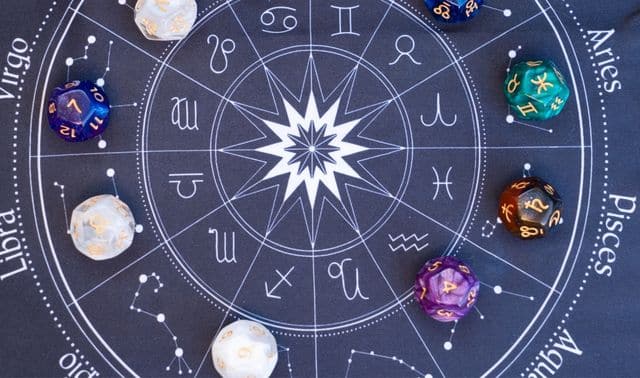
Who Are the Key Players in Astrology?
AlexJones
- 0
- 913
Astrology has evolved over the many centuries of its existence from a fatalistic,

even superstitious ritual meant for “kings” and “rulers” to a viable “art form” incorporating changes through the centuries in the development of our understanding about human nature.
Let’s take a brief but loving journey through the history of astrology readings and look at some of the key players in the development of the field. After all, you have to know your players!
Astrology as we know it came into being in ancient Chaldea/Bablyon (roughly modern Iraq) around 1645 BC with the first “horoscope” dating around 410 BC. “Astrology as we know it” means the procedure of consulting the stars to pick favorable times for doing things, answering questions, forecasting mundane events and analyzing individual destiny by a horoscope. Interestingly, the Rising Sign was first used for predictions, though sometimes the Sun, Moon or Part of Fortune was used as well.
Ptolemy
Astrological progress was also made in Egypt, Greece and Rome. Ptolemy (85-165 CE) in Greece was perhaps our first famous unique astrologer and of course he is known for many other things as well.
Copernicus and Galileo
Skipping ahead through the Dark Ages in Europe, there were two famous men who emerged during the Renaissance who practiced astrology, Copernicus (1473-1543) and Galileo (1564-1642). Both these men are famous in the scientific field, but at one time there was a comfortable and natural association between astronomy and astrology, the exoteric and the esoteric of the stars, if you will. In 1524 the credibility of astrology was severely and permanently affected when predictions about the “great conjunction” that year failed to come true.
Oddly, the resurgence of interest in astrology today can be dated to the birth of England’s Princess Margaret in 1930. That year the “London Sunday Express” ran an astrological profile of the princess that was so popular, it peaked a general interest in astrology and from this developed your newspaper’s “daily horoscope”, not that daily horoscopes have much to recommend them.
This is a beautiful little bit of circular history (the more things change, the more they stay the same) because originally astrology was used only for royals. Others like serfs, slaves and peasants did not have much to their “fate” other than a life that was “nasty, brutish and short”. But the fate of a nation hung on the destiny of its ruler and his or her horoscope was a critical interest to all.
Evangeline Adams
The first astrologer of modern interest is the very interesting indeed Evangeline Adams (1868?-1933). Adams, who lied about her birth date, was considered the “Mother of Modern Astrology”. She was a colorful figure who practiced in New York City during the first half of the 20th century. Adams became famous because she predicted a hotel would catch fire. When she was put on trial, she insisted that astrology itself be put on trial. Astrology won! Adams asked for the horoscope of the judge’s son and told him things about his own son that convinced him of the veracity of this field. Adams’ life is fascinating and there are many biographies, anecdotes and discussions about her in magazines like “The Mountain Astrologer” and online. Among her clients are reputed to have been John Pierpont Morgan and Enrico Caruso.
Dane Rudhyar
Dane Rudhyar (1895-1985), considered by some to be the greatest astrologer who ever lived, was a tremendous force in the development of humanistic and spiritual astrology in the 60s and 70s, beginning the interface of astrology with psychology that so enriched our field. Rudhyar’s essays and discussions are well worth reading today. Of particular interest in my opinion are his writings about the relationship between the Sun and the Moon. Rudhyar’s book: “Lunation Cycle: Key to the Understanding of Personality” is a classic addition to any astrologer’s library.
Ivy Goldstein-Jacobson
An unforgettable force in the field of astrology of a very different nature was Ivy Goldstein-Jacobson (1893-1990). With her professional precision and purity, Goldstein-Jacobson restored the tools and techniques of modern astrology. Perhaps her most famous book is “Simplified Horary Astrology”.
Reinhold Ebertin
Reinhold Ebertin (1901-1988), his mother Elsbeth and his son Baldur, have been a major force in both German and international astrology since the beginning of the century. Ebertin’s work with midpoints has been influential in developing an understanding of transits and prediction. His book to read is “Combination of Stellar Influences”.

